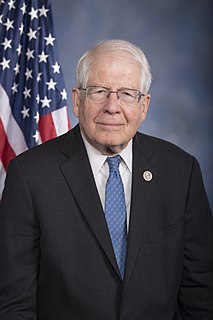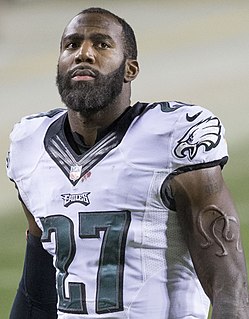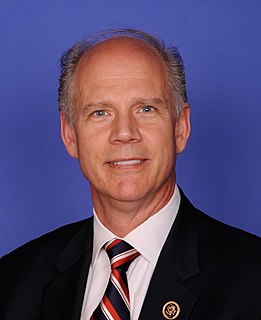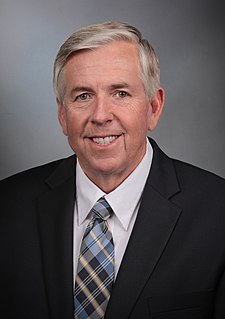A Quote by W. Kamau Bell
In communities of color, such as Ferguson, it often feels like the police are protecting the white community from us instead of protecting our communities from the criminal element.
Related Quotes
...if we want to meet the obligations of our civilization and our culture which are to create communities for our children that provide them with the same opportunities for dignity and enrichment as the communities that our parents gave us, we've got to start by protecting that infrastructure; the air that we breathe, the water that we drink, the landscapes that enrich us.
Here's what I learned as a mayor and a governor. The way you make communities safer and the way you make police safer is through community policing. You build the bonds between the community and the police force, build bonds of understanding, and then when people feel comfortable in their communities, that gap between the police and the communities they serve narrows. And when that gap narrows, it's safer for the communities and it's safer for the police.
You build the bonds through the community and police force, build bonds of understanding, and then when people feel comfortable in their communities, that gap between the police and the communities they serve narrows. And when that gap narrows, it's safer for the communities and it's safer for the police.
































